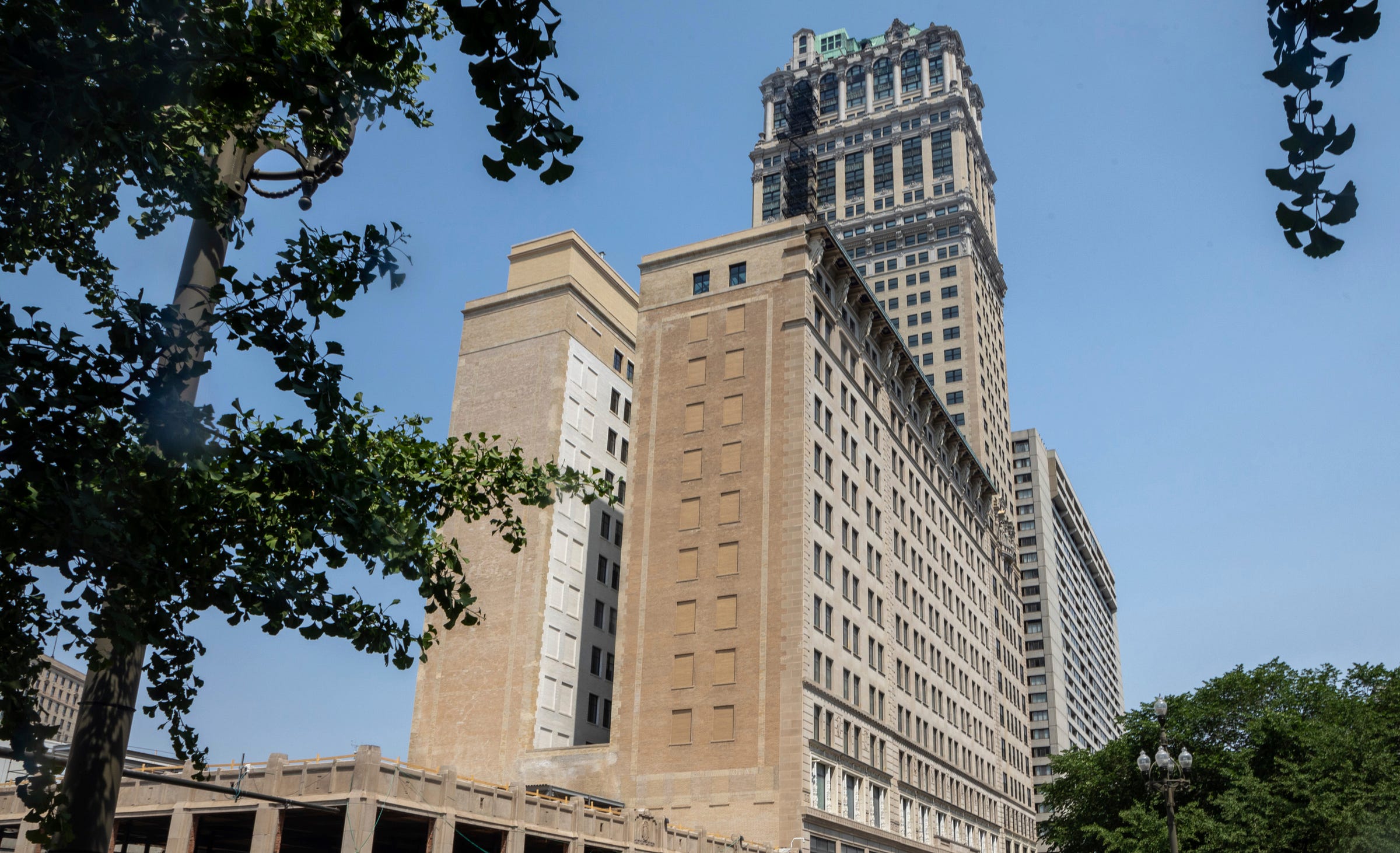In response to a lawsuit filed by the Free Press and the Mackinac Center for Public Policy, Jared Fleisher, president of Bedrock, has defended the company’s use of taxpayer subsidies for its downtown Detroit projects. The lawsuit seeks to compel the Michigan Department of Treasury to disclose information about businesses benefiting from these subsidies, particularly regarding the job growth at key sites such as the Hudson’s building, the Book Tower, and One Campus Martius.
Fleisher emphasized that while Bedrock has no direct involvement in the legal dispute, it supports the need for taxpayer information protections. He pointed out that the inquiry by the Free Press seems to stem from the assumption that Bedrock’s developments have not yet attracted new office users and jobs, thus questioning the validity of the brownfield incentives.
Impact of COVID-19 on the Office Market
Fleisher argued that this assumption overlooks the significant changes in the office market caused by the COVID-19 pandemic. According to data from JLL, a global real estate services firm, net leasing activity has been negative in 18 of the last 20 quarters, contributing to an estimated 1.1 billion square feet of vacant office space nationwide. In Metro Detroit, negative net absorption reached 370,000 square feet in the most recent quarter.
He noted that the legislative response to these market changes led to a radical overhaul of the brownfield program in 2023. Initially designed to focus on creating new office jobs, the program has shifted its emphasis to developing vibrant communities that integrate residential, retail, and entertainment spaces. This change reflects an understanding that urban areas require a diverse mix of uses to thrive.
Future Prospects and Economic Benefits
Bedrock’s revised Transformational Brownfield Plan, approved in February 2024, is now aligned with these updated goals. Fleisher explained that the majority of the tax reimbursements anticipated under this amended plan will come from sources other than office jobs, making comparisons to previous office job estimates misleading.
Fleisher highlighted the magnitude of Bedrock’s investments, which are projected to exceed $2 billion across various projects, including the Hudson’s Detroit and the Book Tower. He noted that the annual reimbursement from state taxes related to these projects represents only 0.6% of the total investment, underscoring the nature of public-private partnerships.
Beyond the financial aspects, Fleisher asserted that the transformational projects will create hundreds of new jobs in sectors such as hospitality and retail. He also pointed out that these developments contribute to Detroit’s growing reputation as a notable destination, with both The New York Times and Travel + Leisure naming the city among the best places to visit, particularly highlighting the Book Tower.
Fleisher concluded by reiterating the vision of Dan Gilbert, Bedrock’s founder and chairman, who emphasizes a philosophy centered on long-term community benefits rather than immediate profits. “There won’t be a profit in Hudson’s until after you all are grandparents,” Gilbert remarked, illustrating the commitment to sustainable development.
While acknowledging the role of the media in scrutinizing public spending, Fleisher expressed confidence in the benefits that these transformative projects will bring to Detroit and the broader Michigan economy.








































































